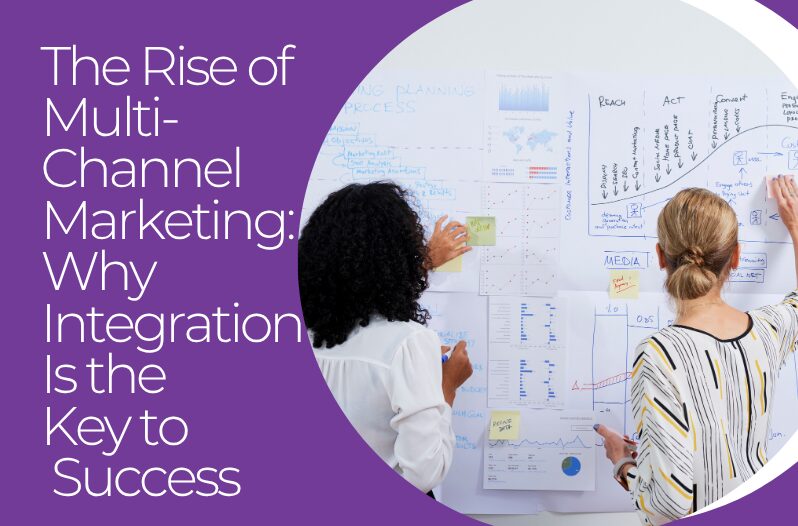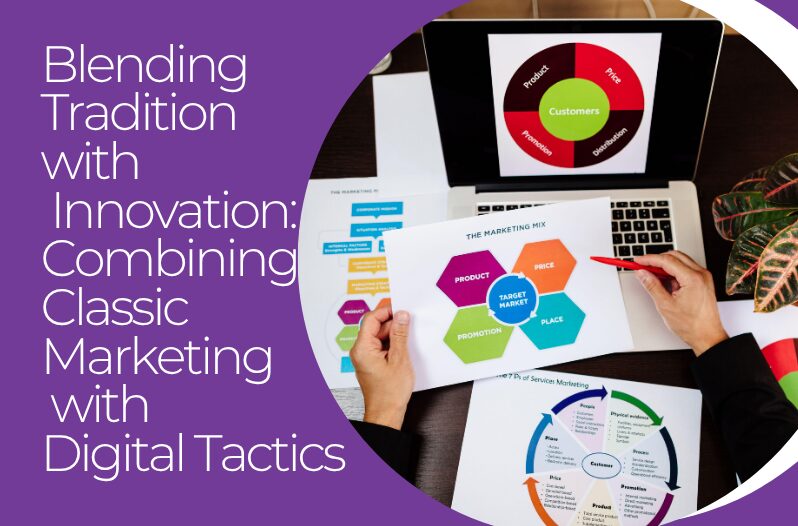The power and potential of Artificial Intelligence (AI) have been no secret to the world of business. As AI continues to evolve, it is revolutionizing the way businesses operate, making operations more efficient, enhancing customer experiences, and creating new avenues for growth and innovation. The forthcoming decade will witness the transformation of the business landscape, primarily driven by advancements in AI. This article will explore how these AI-driven changes will impact businesses, with a specific focus on the marketing sector.
How AI is Changing the Business Landscape
AI’s value proposition is centered on its capacity to analyze vast amounts of data and make accurate predictions or decisions. Businesses in all sectors are reaping the benefits of AI’s ability to streamline operations and augment human decision-making. For example, AI-driven predictive maintenance can identify potential machinery failures before they happen, saving businesses millions in downtime costs.
AI is also personalizing the customer experience like never before. AI-powered chatbots and virtual assistants can provide 24/7 customer service, offering personalized solutions based on customers’ preferences and behavior. In the coming decade, AI will become even more prevalent in customer interactions, increasing efficiency and satisfaction.
AI is also playing a significant role in strategic decision-making. AI-powered analytics tools can gather and process large volumes of data, providing insights that guide business strategy. This trend is expected to gain momentum over the next decade, as AI enables businesses to predict market trends and consumer behavior with unprecedented accuracy.
AI and the Future of Marketing
When it comes to marketing, AI is not just a game-changer, it’s a new game altogether. Here’s how the future of marketing might look in an AI-driven world:
Hyper-Personalized Marketing
Hyper-personalization is the future of marketing, and AI is the catalyst. AI can process colossal amounts of data to understand individual customer behaviors, preferences, and habits. This enables marketers to create personalized content, offers, and experiences for each customer. Imagine a world where every ad you see feels like it was created just for you. This level of personalization can significantly improve customer engagement and loyalty.
Predictive Analytics
AI-driven predictive analytics will play an increasingly crucial role in marketing strategy. With AI, marketers can analyze past trends and use this data to predict future consumer behavior. This capability will allow businesses to stay ahead of the curve and make strategic decisions based on predictive insights.
Automating Repetitive Tasks
AI can automate a wide range of repetitive marketing tasks, such as email marketing, social media posts, and reporting. This automation will free up time for marketers to focus on strategic and creative tasks that require human intuition and ingenuity.
Voice Search and Voice Assistants
With the rising popularity of voice assistants like Alexa, Siri, and Google Assistant, voice search will dominate the search queries. Marketers will need to optimize their content and SEO strategy for voice search, focusing on conversational language and long-tail keywords.
AI-Generated Content
AI is already capable of generating content, from news articles to ad copy. Over the next decade, we can expect AI to produce more sophisticated and varied content, transforming the content marketing landscape.
Ethical Marketing
As AI becomes more integrated into marketing, ethical considerations will become paramount. Businesses will need to navigate issues such as data privacy and transparency, ensuring that their AI-driven marketing practices respect customers’ rights and expectations.
Conclusion
The AI revolution is set to redefine the business landscape, with profound implications for the world of marketing. AI offers exciting possibilities for businesses, from streamlining operations to revolutionizing customer interactions. However, with these possibilities come challenges and responsibilities, particularly in navigating the ethical implications of AI. As we move into the next decade, the businesses that harness the power of AI while upholding their ethical obligations will be the ones that thrive in this new era.





